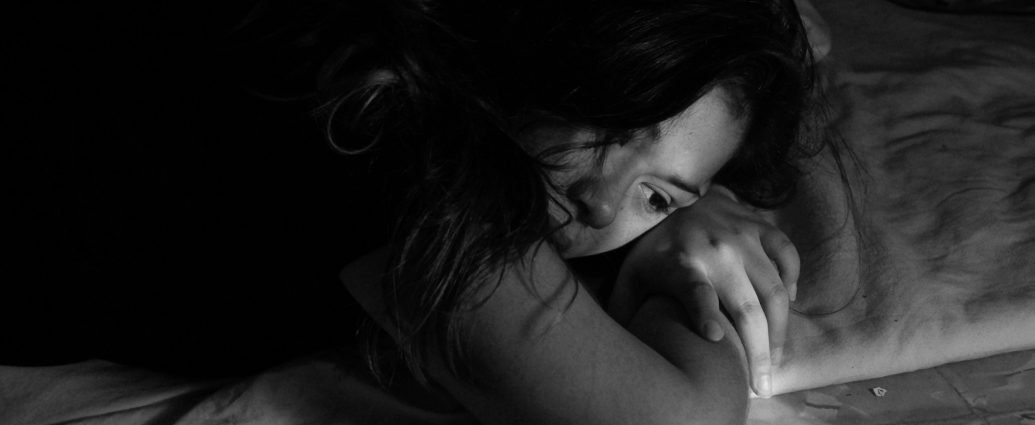TW: References to domestic violence and abuse.
It’s 8:36 pm on the evening of the 23rd March 2020. Boris Johnson has just announced the need to stay at home signifying the beginning of lockdown.
On that day, at that exact time – where were you? For some of us, we may have been anxiously waiting for updates from the PM. Others may have been eating dinner or putting their children to bed.
Victims of domestic abuse wouldn’t have been doing any of that. They may have been sat in front of the television terrified of what was to unravel in the coming weeks.
“Abuse isn’t a one size fits all and comes in many different varieties.”
Domestic abuse is regularly characterised and stereotyped in the media. What we are used to seeing on our screens is a male abuser being physically violent towards a female victim. However, abuse isn’t a one size fits all and comes in many different varieties. The media has historically failed to portray domestic abuse victims accurately and what is portrayed doesn’t come close to what victims experience on a daily basis.
This has all been brought into focus by one journalist in particular: reporter and broadcaster Victoria Derbyshire. Whilst reporting on the Coronavirus pandemic for ‘BBC News’, one morning she went on air with the phone number of a domestic abuse helpline written on the back of her hand. It was this action which created a huge impact. The audience praised Derbyshire on social media and the charity Refuge receiving a 25% increase in calls. Her efforts to bring to the forefront of people’s minds the importance of domestic violence did not stop there.
We normally only hear about the victims, the people who have lost their lives and don’t have the opportunity to tell their story. ‘Escaping My Abuser’ by Victoria Derbyshire and ‘Panorama’, was a documentary which emphasised how a group of women weren’t just known as victims but became survivors.
“Women, men and children, essentially trapped, forced to stay inside week after week. What would happen to them?”
Throughout the documentary Derbyshire opens up about her own experiences growing up as a child in an abusive household. This insight of what many people are going through was what made this documentary so important. For Derbyshire the idea came, “When the prime minister told us all to stay at home because of coronavirus, one of my first thoughts was for those living in abusive households – women, men and children, essentially trapped, forced to stay inside week after week. What would happen to them?”
“61% of women living with their abuser during lockdown reported that the abuse had worsened with 68% saying they ‘felt like they had no one to turn to during lockdown’.”
The full extent of the effects of the pandemic we’ve all been living in for the last six months is unknown. What we do know is domestic abuse figures have risen dramatically. The first three weeks of lockdown were the most crucial, Panorama found that, “11 women, two children and one man were killed in alleged domestic abuse cases.” In a survey carried out by Women’s Aid, 61% of women living with their abuser during lockdown reported that the abuse had worsened with 68% saying they ‘felt like they had no one to turn to during lockdown’. Although the lockdown measures aren’t to blame for domestic abuse cases Sarah Davidge (Women’s Aid Research and Evaluation manager) said, “The Covid-19 virus, and lockdown measures designed to fight it, gave perpetrators a tool that they quickly learnt to use for coercion, manipulation, and to induce fear. This in turn exposed survivors to worsening domestic abuse, whilst restricting their access to support.”
With the Chancellor Rishi Sunak injecting £750m to the charity sector, many organisations supporting victims of domestic abuse will gain the funding they so desperately need. Nicki Norman, the acting Chief Executive of Women’s Aid commented on the lack of funding, “Women’s domestic abuse support services were already facing a funding crisis when this pandemic hit. They had little or no financial resilience to meet the unprecedented challenges posed by Covid-19, and now vital services are experiencing a significant financial impact.”
However, did the government act quick enough? When asked, Victoria Atkins MP for Safeguarding said, “When we were talking to charities in the very, very earliest days we were very much responding. We said to them, what do you need for us to help and so we very much focused on that practical help and then the additional £2m for helplines.” Although the government may deny that they weren’t quick enough Lisa Jones from My Sisters’ House (a women’s drop-in centre in Bognor Regis), commented whether or not ‘the government even understood the impact of what this had’.
Between April 2018 and March 2019, 80 women were killed due to domestic abuse from a current or ex-partner. We won’t know yet until the end of the year just how many people we have lost to domestic abuse. What we can take away from this year is that we will have lost many more lives than we should have because of the pandemic.
Neve Gordon-Farleigh
Featured image courtesy of Mxsh via Unsplash. Image license found here. No changes were made to this image.

